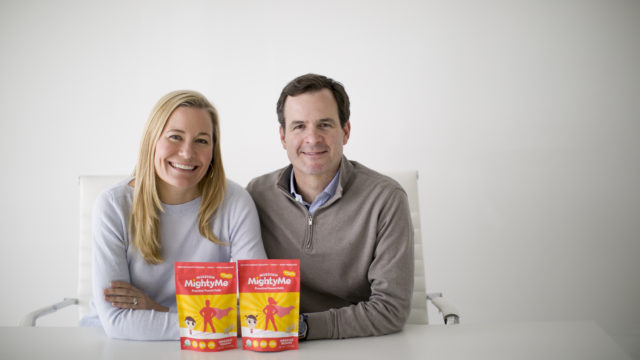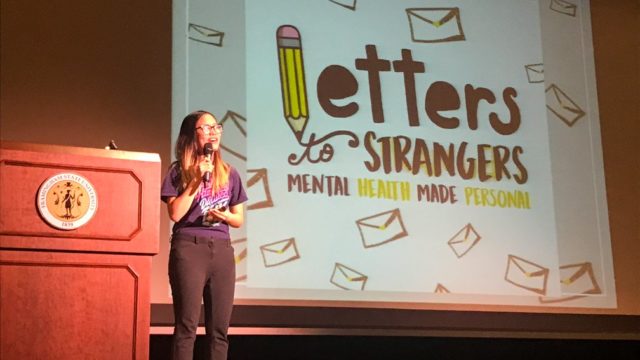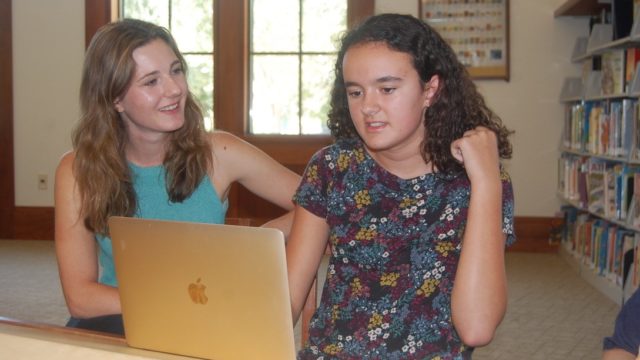
Stesha Doku Maps Minority Health Care Gaps in Australia
By Juliana Tafur, 2003 Scholar | Envision a map that tells medical professionals not only where clinics and grocery stores are located, but also where different ethnic communities live. Imagine that this map also displays crucial informa- tion about people’s health, such as infectious and chronic diseases, as well as paternal and infant death rates. Now picture 2004 Coca-Cola Scholar Stesha Doku at the helm, making it happen.
Stesha, a 22-year-old Duke University graduate and Stanford University medical student, is currently in Sydney, Australia, on a Fulbright fellowship. She is taking a year off from her medical studies to carry out research on Australia’s public health policy, focusing on the native and immigrant communities in the state of New South Wales. By using Geographic Information Systems, or GIS, she hopes to create a map that displays the diseases and risk factors of these communities.
“Things like the place where you live and the resources available impact your health, but I don’t know of anyone who has done a geographic analysis of the aboriginal and immigrant communities,” Stesha says. “Some statistics have been compiled, but layering this information in a map is very different because it will visualize how this data affects them.”
Australia’s natives are twice as likely to have a health condition or be disabled as other residents and have particularly high mortality rates. The country is also home to pockets of immigrants from all over the world, who comprise approximately 23 percent of the population. Despite these diverse demographics, Stesha says answers are still lacking regarding their health.
“My goal is to use this map as a tool to discover health care gaps and determine where medical atten- tion is needed most,” she says. She hopes her digital map serves as a platform for public health advocates interested in comparing data, finding correlations, and asking questions.
“If my research shows that there are recurrent cardiovascular problems in an area with a high immigrant or aboriginal population, maybe this can lead to the opening of a cardiovascular clinic to target their needs,” she explains.
Researching ethnic minorities also carries deep personal meaning. Both of Stesha’s parents emigrated from Ghana to the United States, and much of her family still lives in Ghana. As a result, she has been exposed to two cultures since she was young, which puts her in a position to understand and empathize with the needs of the aboriginal and immigrant communities in Australia.
“People from different cultures approach health care differently,” she says. “In my research I’m taking into consideration that some communities have specific health care beliefs and practices.”
Learn more about the Fulbright Scholar program. Stesha Doku can be reached at stesha.doku@gmail.com.
A 2003 Coca-Cola Scholar and a graduate from Northwestern University, Juliana Tafur is a journalist, producer, and documentarian. Her company, Orkidea Productions, LLC, specializes in productions across Latin America. Julia is pursuing a postgraduate degree in Documentary Cinema at Brazil’s Fundação Gertulio Vargas this fall. She can be reached at juliana@orkideaproductions.com.




